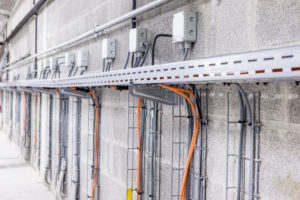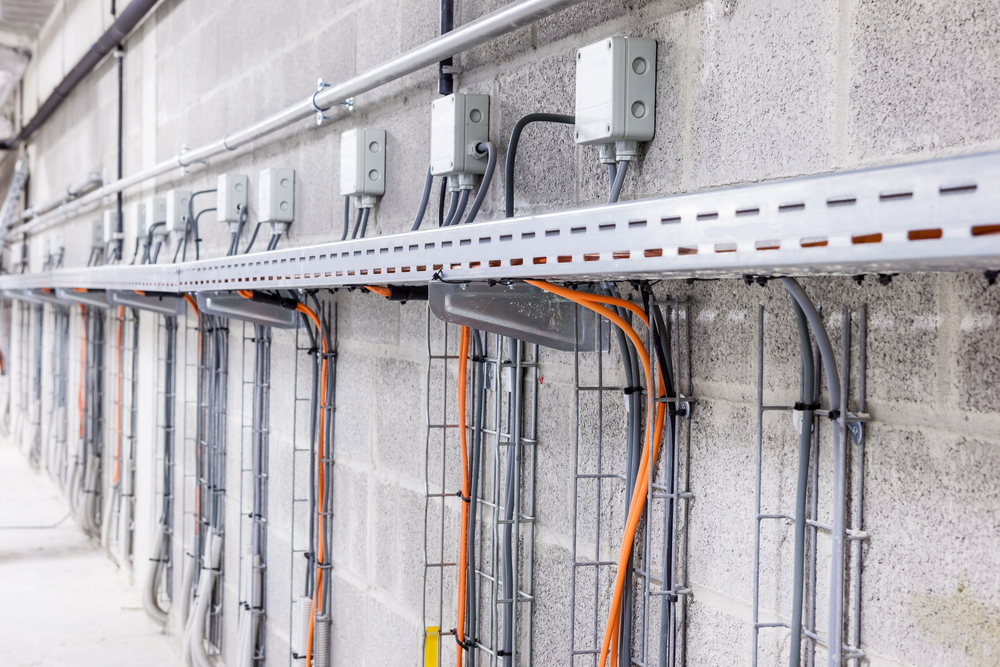
New York pay when paid clauses, like many other states, will only serve as a timing mechanism – unlike pay if paid clauses. As a result, New York construction businesses cannot unreasonably delay payment, even where a pay when paid clause is present. A recent New York case helped drive that point home.
Pay when paid clauses, generally
For more on the topic: Pay If Paid or Pay When Paid: What’s the Difference, and Why Does it Matter?
Before diving into the particulars – pay when paid clauses generally act as timing mechanisms. So, New York isn’t an outlier here. When a pay when paid provision is present in a contract, that will usually only allow a customer to delay payment for a reasonable amount of time.
This is in stark contrast by pay if paid provisions. A pay if paid provision creates what’s called a “condition precedent” to making payment. In other words, under a pay if paid provision, if a contractor never receives payment, they never have to pay their subs or suppliers.
New York strictly disallows pay if paid provisions, like some other states. But New York pay when paid provisions are effective as timing mechanisms. As we’ll explore in the case below, they have their limits.
New York pay when paid limits reinforced by a recent case
Pepper Hamilton has a great breakdown of the case. If you’d like to read the opinion yourself, Justia has you covered: A.E. Rosen Elec. Co., Inc v Plank, LLC.
The facts
This case came from a pretty standard construction payment dispute. Dutch Village owned property being improved by Plank LLC, their contractor. Plank hired A.E. Rosen Electrical Co (“Rosen”) as a subcontractor to perform electrical work.
A few months into the job, Plank and Dutch Village began butting heads regarding payment. Dutch Village alleged that Plank’s subcontractors had been overbilling. Plus, there was plenty of corrective work needed – to the point where Dutch Village brought in another contractor to inspect the work. Notably, the inspection found little issue with Rosen’s work. In fact, When Dutch Village eventually hired another contractor to replace Plank, they kept Rosen on.
Finally, Plank and Dutch Village’s rift came to a point, and Plank filed a lien on the project for $1.8M. A.E. Rosen also filed a lien for $117K (though that amount had also been claimed under Plank’s lien). As mentioned above, Dutch Village ultimately ended up keeping Rosen on even after all of the trouble and even made partial payment on Rosen’s lien in exchange for a partial release of the lien.
Rosen ultimately ended up filing a lien enforcement action, as well as a breach of contract action against Plank for failing to make payment.
The subcontract contained a pay when paid clause
The subcontract between Plank and Rosen contained a pay when paid clause. Under the subcontract, Plank was required to pay Rosen within 15 days of Plank receiving payment from Dutch Village. But, Plank was only required to pay once they’d received payment.
Because Plank never received payment from Dutch Village, Plank never paid Rosen. That’s not illogical – a plain reading of a pay when paid clause would seem to indicate that Plank wouldn’t need to make any payment until Plank itself was paid.
Despite the pay when paid clause, the subcontractor prevailed
As discussed above, New York pay when paid clauses act as mere timing mechanisms. So, payment can be reasonably delayed pursuant to a pay when paid provision in New York. But, payment can’t be withheld for an unreasonable amount of time – even if the “triggering” payment is never made.
By the time this case was heard, 2 years had passed since Rosen had performed the work giving rise to this dispute. Under any measure, that’s an unreasonable amount of time. As a result, Rosen was entitled to payment plus interest.
Bottom Line
The situation Plank and Rosen found themselves in is tough. On one hand, Plank hadn’t been paid in full. General contractors operate on tight margins, and it’s tough to float payment to a subcontractor before being paid for their work – especially when the plan all along was to wait until that payment had been received before sending money down the chain. Plus, Plank had gone to bat for its subs – stating that it believed the subs’ schedules of values were all proper and scoffing at the idea that the subs had overbilled.
On the other hand, Rosen had performed under its contract but hadn’t been paid. New York’s policy on contingent payment provisions is clear – pay when paid clauses are time-shifting, not risk-shifting. This policy is in place to protect subs like Rosen from cash flow issues. As the court stated (quoting another opinion), “suppliers and small contractors on large construction projects need reasonably prompt payment for their work and materials in order for them to remain solvent and stay in business.”
Regardless of whether Plank was paid – the law is the law. And, when dealing with a New York pay when paid provision, the law is that payment must be made within a reasonable time.
New York construction payment resources
- New York Construction Payment Hub: Guide to Notices, Liens, and More
- How to File a New York Mechanics Lien – Step By Step Guide

